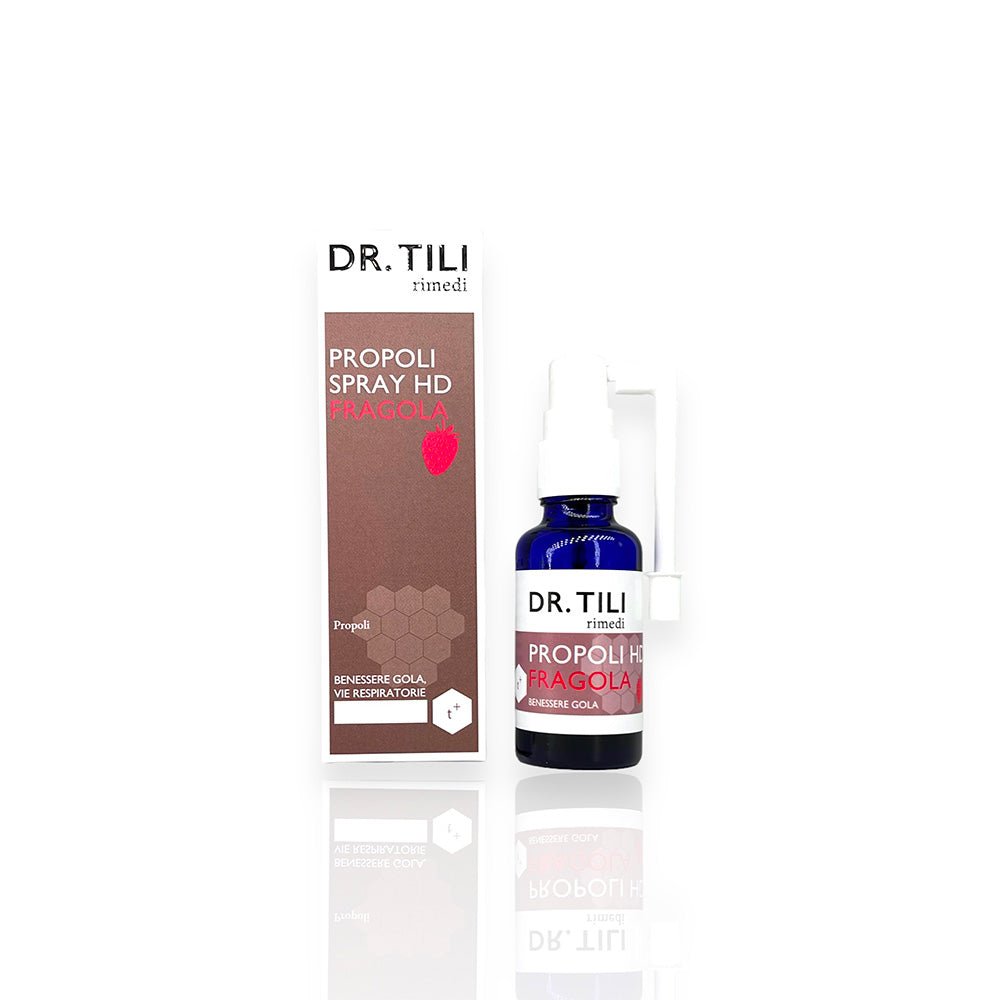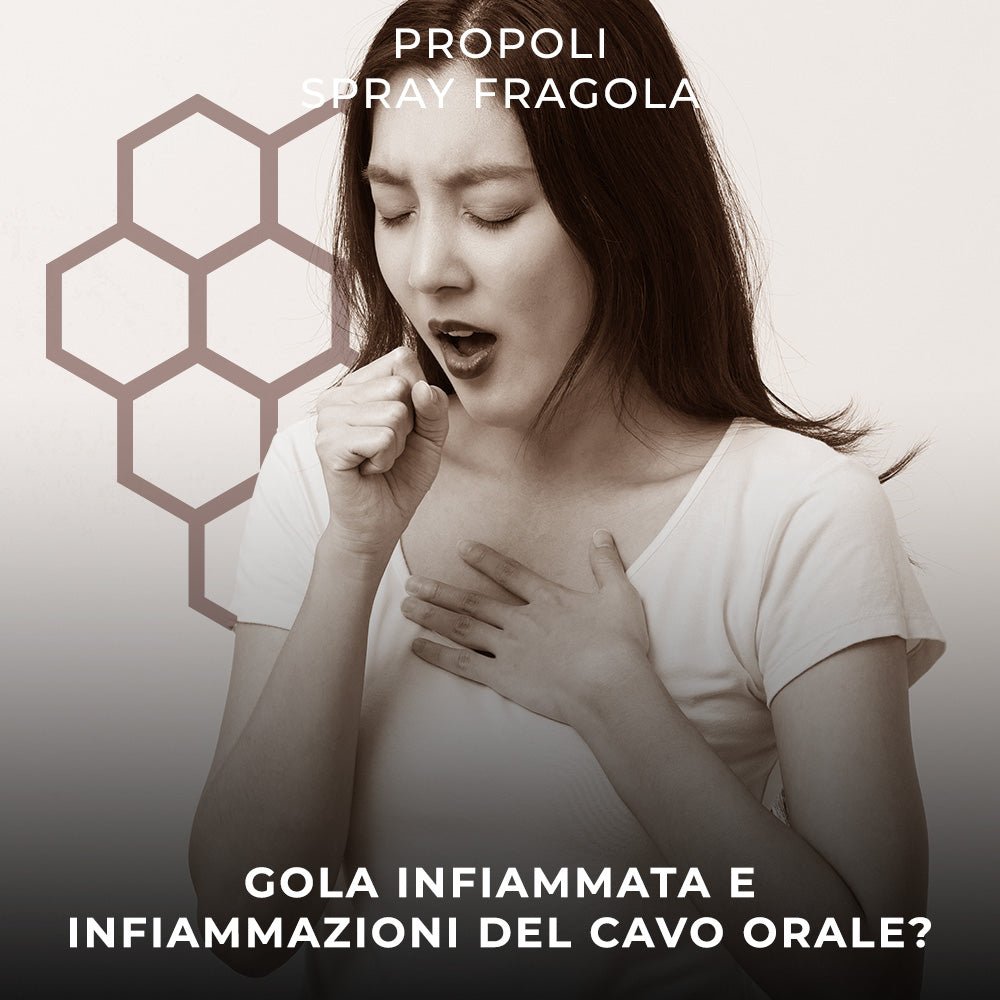But what is propolis? It is a substance that bees produce by transforming the resins they take from plants. They use it as a building material in hives but also as an antiseptic, in particular for the protection of the cells where the eggs are placed and to "embalm" the bodies of any intruding insects, preventing their decomposition.
It can have different colors, from yellow-green to red to brown and black, depending on the season in which it is produced and the resins of the tree essences that compose it: if there is a prevalence of conifer resins the color will vary from yellow to green, if the bees have chosen poplar resins it will tend towards the red range and if they have used birch resins the color will be dark, tending towards black. In the same way the aroma and flavor will vary.
Propolis has a different consistency depending on the temperature: when cold it is similar to wax and is crumbly, but when heated it becomes malleable, while between 65 and 70 degrees it reaches the melting point.
The antibiotic properties of propolis have been known since the time of the Egyptians who used it as an embalming substance, while the Greeks and Romans knew of its use as an adjuvant in the treatment of wounds.
Flavonoids: Here's Why Propolis Is an Excellent Anti-biotic
The antibiotic properties of propolis are due to the presence of flavonoids : it is these plant pigments that give propolis its bacteriostatic qualities , that is, its ability to inhibit the reproduction of bacteria, and bactericidal qualities , that is, the ability to extinguish bacteria.
Propolis, thanks to the flavonoids, is also an effective antiviral , particularly against influenza and parainfluenza viruses and against the herpes simplex virus.
The flavonoids that give it these qualities are mainly two: galangin, which is particularly present in broadleaf trees, and pinocembrin, which is found in large quantities in conifers.
Propolis also has antifungal qualities, it is particularly effective against superficial fungi that affect the skin and against candida.
Its defensive action is also made explicit in its name: propolis seems to derive from the Greek " pro polis " meaning in front of the city, in defense of the city, and therefore in defense of the hive and of our body.
Propolis, a natural antibiotic, an effective remedy against sore throats, oral cavity and upper respiratory tract conditions
Thanks to its antibiotic properties, propolis is now used to counteract the effects of seasonal ailments , especially sore throats and upper respiratory tract conditions such as tracheitis, pharyngitis, laryngitis. However, it is also useful in cases of inflammatory phenomena of the oral cavity such as gingivitis and in general inflammation of the soft walls, tongue and palate.The bactericidal action appears to be effective also against Escherichia coli and against Helicobacter pylori, the bacterium responsible for gastric ulcers and stomach cancer.
Furthermore, thanks to the presence of flavonoids, it has a positive effect on the walls of blood vessels, reducing capillary fragility.
Propolis is truly a substance rich in therapeutic properties. It is composed of over 300 elements, although the main ones are: resins (about 50% of the composition), wax (30%), essential oils (10%), pollen (5%), minerals, flavonoids, organic compounds, mineral salts, vitamins and other elements (5%).
The presence of pollen is another characteristic of propolis which, thanks to this energizing element, if taken regularly, can help improve the tone of people who are no longer very young.
Furthermore, thanks to the combined action of its elements, propolis improves the immune system, promotes cell regeneration and seems to have an accelerating effect on metabolism and regulation of the hormonal system, especially during puberty.
Propolis as a natural antibiotic: how to take it?
Propolis is available in different forms : mother tincture, glycolic solution, aqueous solution, or even in tablets, mouthwashes, sprays, ointments and salves. It can be used alone or combined with other elements. It essentially depends on the use we want to make of it.A curiosity of a non-therapeutic nature: propolis is also one of the elements of the varnishes used by violin makers in the creation of their instruments. It seems that even the famous Stradivari used it to make the varnish with which he completed his violins, unique in their way.





